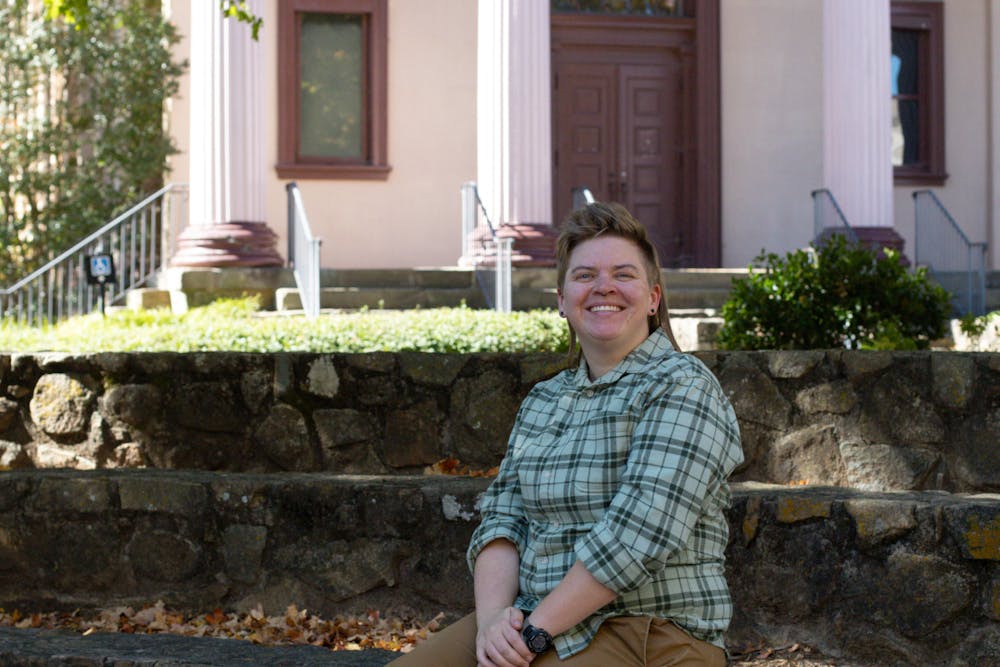The Sexuality Studies program at UNC started as a minor for undergraduate students in 2004. Now, graduate students are finding new ways to incorporate queer theory in their work.
The program, under the Department of Women’s and Gender Studies, is forming a queer theory reading group for graduate students beginning this October. Queer theory aims to analyze institutions through the lens that they were created under the assumption of heteronormativity. The group plans to meet twice during each semester and will discuss the work of a new queer theorist in each session.
As the graduate research assistant for the Sexuality Studies program, Spirit Elder is responsible for coordinating events for undergraduate and graduate students. They said they wanted to allow more students to take an interdisciplinary approach to their research by studying queer theory.
“There is no Ph.D. program in queer theory,” Elder said. “It’s just an aspect of other people’s work and I think for queer people, especially, it can be a really illuminating and important theoretical component of our research.”
Elder said they hope the reading group will enable more graduate students to use queer theory in their research and, in turn, advance the application of the theory in different fields.
UNC doctoral student Bryce Ross, who is pursuing a Ph.D in the Department of Communication, plans to become involved with the group and has played a role in creating a reading list for their studies. Ross said that while queer theory is utilized by professors at times, it is often included as an addendum to their studies rather than a prioritized perspective at UNC.
“This has been put together to supplement the need for more queer-friendly and more queer-focused readings that we may be missing in our formal curriculum,” Ross said.
Chair of the Department of Women’s and Gender Studies Ariana Vigil said the group will also allow for community building among queer-identifying students and others interested in sexuality studies and queer theory. Vigil and Elder have worked collaboratively to understand the interests of graduate students in order to launch the project, she said.
Vigil said that based upon the engagement the group has gotten from graduate students, there is an interest in adding queer theory to courses that is not currently being met.



